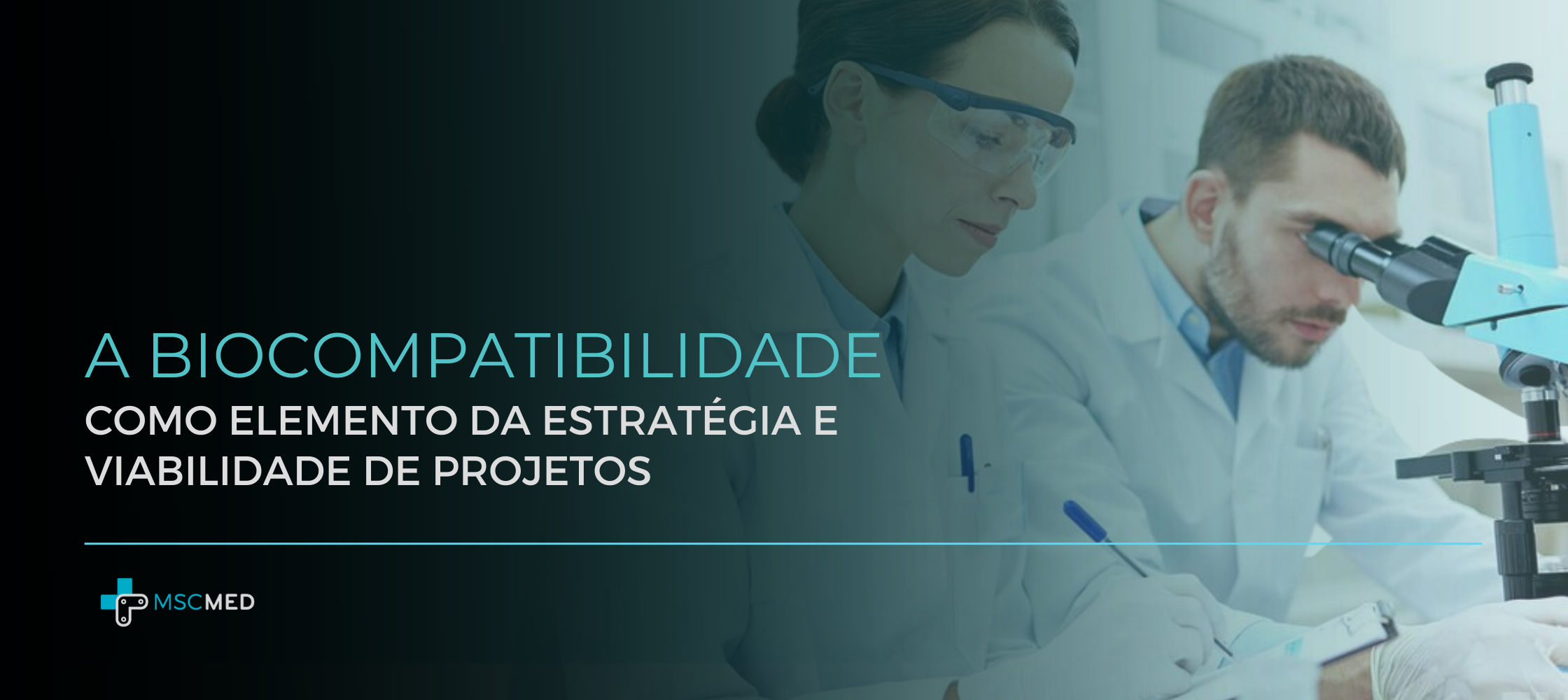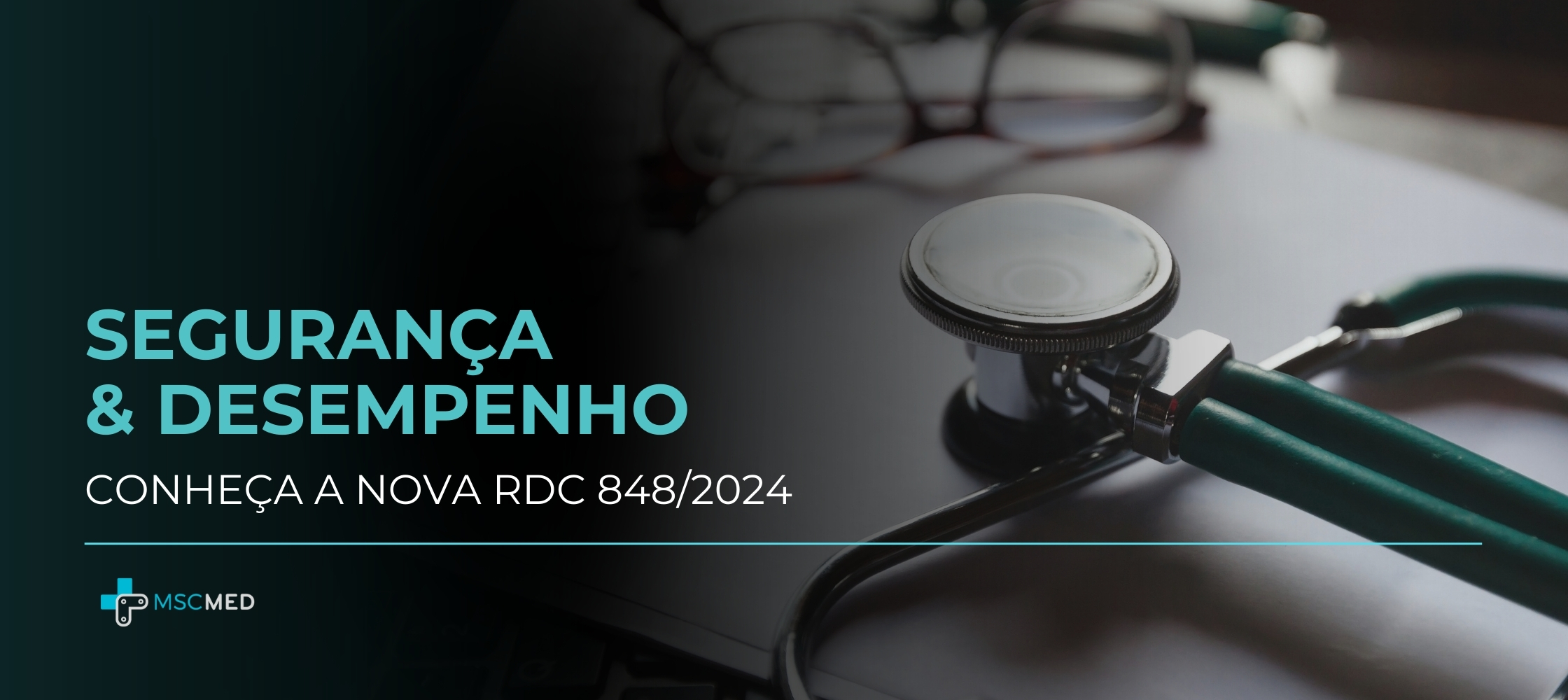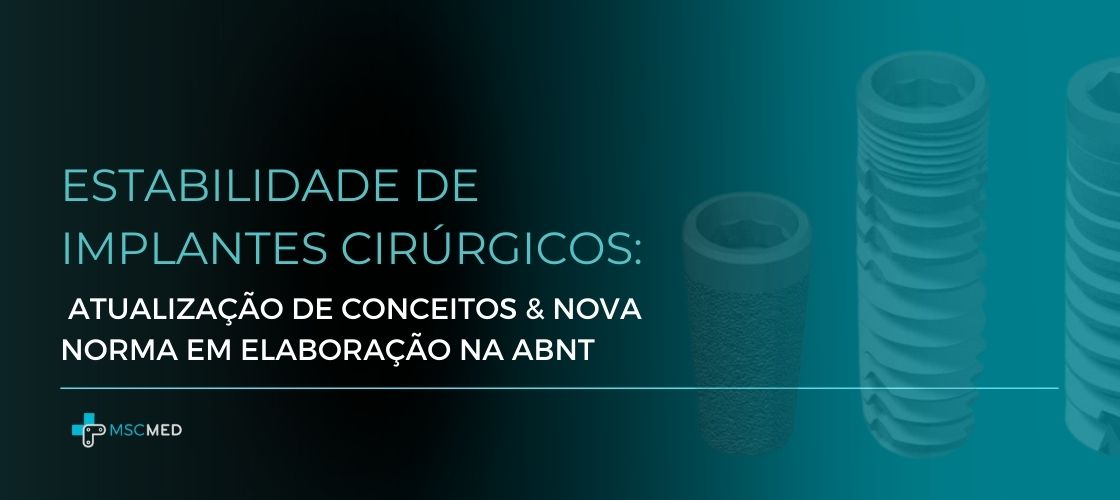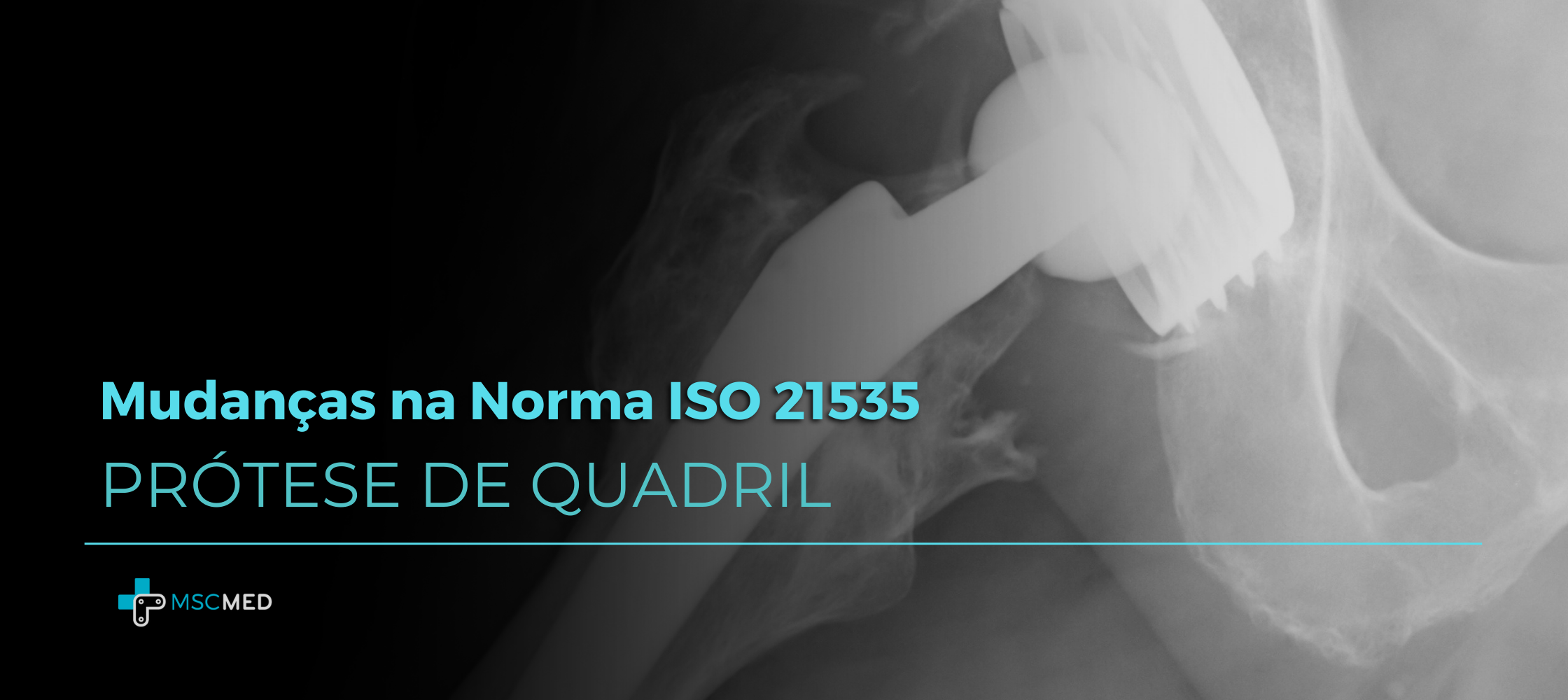ISO 10993 was designed with the aim of protecting patients from potential biological risks arising from the use of medical devices. Therefore, carrying out biological risk analysis is essential within a medical device project. But how much can the costs related to this analysis affect the viability of a project? And are there possible strategies to minimize the impact of these costs?
The answer is that factors involving the assessment of biocompatibility are, in fact, elements that make a project more viable or less viable. It is also possible in the project feasibility phase (or at least in the project input data phase), to adopt methods that involve the selection of materials, manufacturing processes and their respective additives, among other factors, so that there is optimization in related investments proof of biocompatibility.
Some of the viable strategies include:
Select materials with well-defined technical standards and a proven history of use.
Do not substitute manufacturing inputs between similar projects (keep potential contaminants the same between different projects).
Prioritize projects that have the same nature and duration of patient contact as your other projects.
In this sense, there are also several actions that should be avoided, some of them being:
- Diffuse pipeline: choose to work on projects that have very different technical characteristics, which leads to a diverse biocompatibility assessment approach. This prevents the reuse of data and reduces the ability to dilute investment in biological assessment across more than one project
- Have similar projects but decide to work with different inputs and, consequently, different potential contaminants for each one.
- Constant replacement of inputs in production without taking into account consequences in biocompatibility studies.
MSC MED carries out biological assessments and uses a tested and validated methodology to ensure not only the biocompatibility of the product, but also the effectiveness and cost-effectiveness of the process. Using our methodology, we evaluate your product, its raw material and its manufacturing process, to determine the physical-chemical tests – extractable and leachable – and determine, if necessary, the biological tests. Finally, we can prepare the final biocompatibility report.
Get to know the MSC MED methodology and let´s evaluate the best approach for your project together.
How useful was this post?
Click on a star to rate it!
Average rating 0 / 5. Vote count: 0
No votes so far! Be the first to rate this post.





